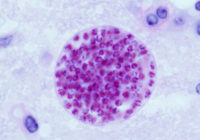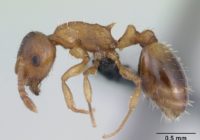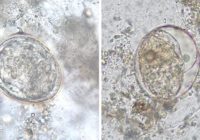Toxoplasmosis: A prevalent zoonosis in Australasian marsupials

Toxoplasma gondii is an infamously widespread parasite prevalent across much of the world, with nearly one-third of humanity predicted to be exposed to the parasite. In Europe and the United States alone, approximately 50-80% and 9-40% of people are predicted to be infected with T. gondii, respectively.



